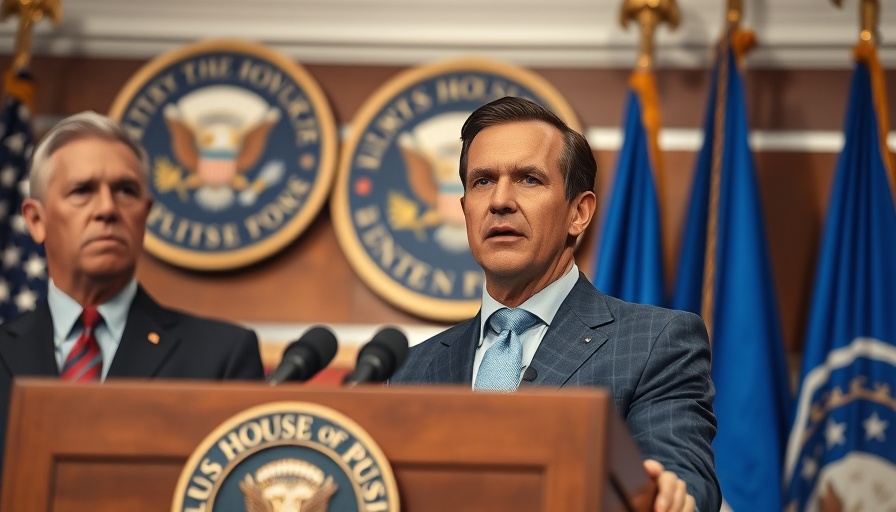
GOP's Renewed Medicaid Cuts: A Political Tightrope
The GOP is once again setting its sights on Medicaid, a federal health care program for low-income individuals, as Republicans mirror past strategies from 2017 when they attempted to overhaul it. This new proposal emerges with significant context: a marked surge in Medicaid enrollment. With enrollment climbing from approximately 70 million beneficiaries in 2017 to nearly 90 million today—sparked further by the pandemic and expanded state participation—conservative lawmakers face a politically charged battleground.
Historical Context: Lessons From the 2017 Attempt
The last major Republican-led effort to repeal the Affordable Care Act and cut Medicaid ultimately fell short when Sen. John McCain voted against it in a dramatic night-time session. The current political landscape, though similar in ambition, has shifted considerably. More constituents are now dependent on Medicaid as enrollment has soared, complicating the feasibility of sweeping cuts.
Public Opposition: A Hard Pill to Swallow
Interestingly, despite heavy Republican control in Congress, a recent poll highlights an unusual trend: over 75% of the public opposes major Medicaid cuts, including a notable 55% of registered Republicans. This growing sentiment signals a critical challenge for GOP initiatives, as their proposed cuts could potentially affect millions directly—8.6 million, according to congressional estimates, might lose health coverage as a result of the proposed legislation.
Future Impacts: Medicaid's Popularity on the Rise
The implications of this renewed discussion on Medicaid aren't merely political; they affect the real lives of millions reliant on the program. Krista Drobac, a health policy expert, states that as more Americans gain access to health coverage, Medicaid's standing as a vital resource continues to enhance its popularity and importance. This widespread reliance complicates the narrative for lawmakers who favor cuts, positioning the current debate as not just economically driven, but increasingly shaped by public sentiment.
A Shifting Landscape for Republican Leadership
As the GOP navigates this landscape, they'll have to balance their fiscal austerity goals against the realities of public opinion and the growing Medicaid enrollment which is significantly pulled from even traditional Republican strongholds. Thus, while the political aspirations behind reforming Medicaid remain, the viability of such initiatives appears more complex than ever.
 Add Row
Add Row  Add
Add 




 Add Row
Add Row  Add
Add 



Write A Comment